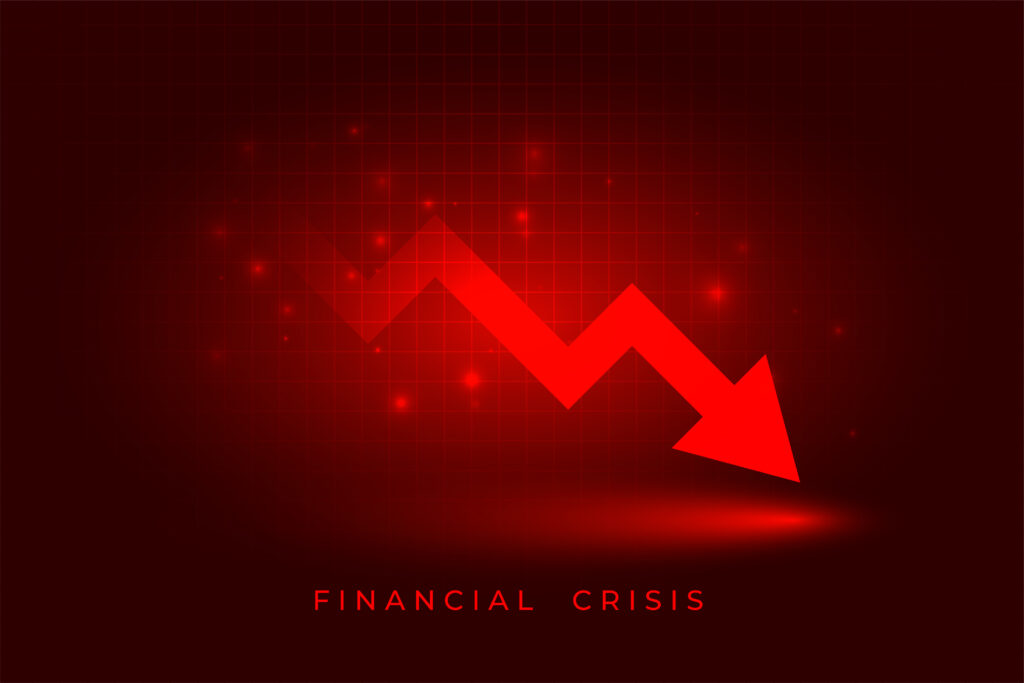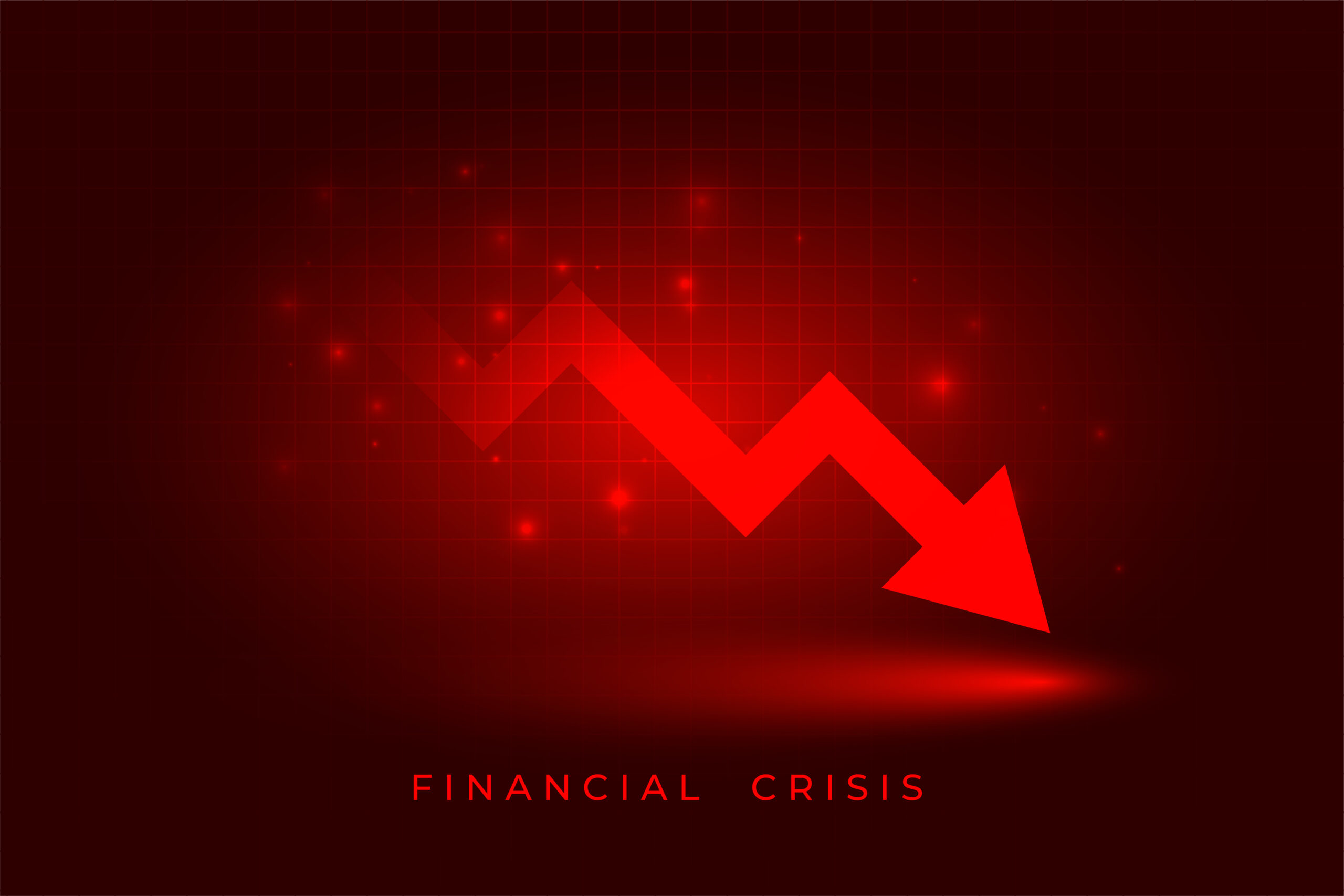
In the dynamic world of finance, uncertainties can often lead to market fluctuations. As we navigate the landscape of 2024, investors are keenly observing the factors that might contribute to a stock market crash. This article aims to shed light on potential reasons behind such an event and offer insights into prudent investment choices during turbulent times.
Possible Reasons for the 2024 Stock Market Crash:
- Economic Slowdown: Economic downturns can significantly impact the stock market. Factors such as rising inflation, high unemployment rates, or disruptions in global supply chains might contribute to a slowdown, triggering a market correction.
- Geopolitical Tensions: Geopolitical events, like trade disputes, political instability, or military conflicts, have historically influenced market sentiment. Heightened tensions on the global stage can lead to increased market volatility and a potential downturn.
- Interest Rate Hikes: Central banks adjusting interest rates can impact borrowing costs for businesses and consumers. A series of interest rate hikes to curb inflation might slow down economic growth, hurting stock prices.
- Technology and Regulatory Changes: Rapid technological advancements and evolving regulatory landscapes can disrupt industries and impact specific stocks. Investors should stay attuned to regulatory changes and their potential effects on sectors like technology, healthcare, and finance.
- Corporate Earnings Disappointments: If major companies fail to meet earnings expectations, it can lead to a sell-off in their stocks, affecting broader market indices. Shifts in consumer behavior, supply chain disruptions, or increased production costs may contribute to such disappointments.
Smart Investment Moves During Market Uncertainty:
- Diversification: Spread your investments across various asset classes and industries to minimize risk. A diversified portfolio helps cushion the impact of a downturn in any particular sector.
- Defensive Stocks: Consider investing in defensive stocks, which tend to be less affected by economic downturns. Industries like healthcare, utilities, and consumer staples often exhibit stability during market turbulence.
- Quality Dividend Stocks: Focus on stocks with a history of stable dividends. Even during market downturns, companies with a strong dividend-paying track record can provide a source of income for investors.
- Research and Due Diligence: Thoroughly research potential investments, considering the financial health of the companies, their growth prospects, and the overall market conditions. In-depth due diligence is crucial for making informed investment decisions.
- Keep Cash Reserves: Maintain a portion of your portfolio in cash or cash equivalents. Having cash reserves provides the flexibility to take advantage of buying opportunities that may arise during market corrections.

While predicting a stock market crash is challenging, staying informed and adopting a strategic approach to investing can help mitigate risks. Diversification, careful stock selection, and maintaining a long-term perspective are key principles to navigate market uncertainties successfully. Investors should always consult with financial professionals to tailor their investment strategies to their unique financial goals and risk tolerance.

